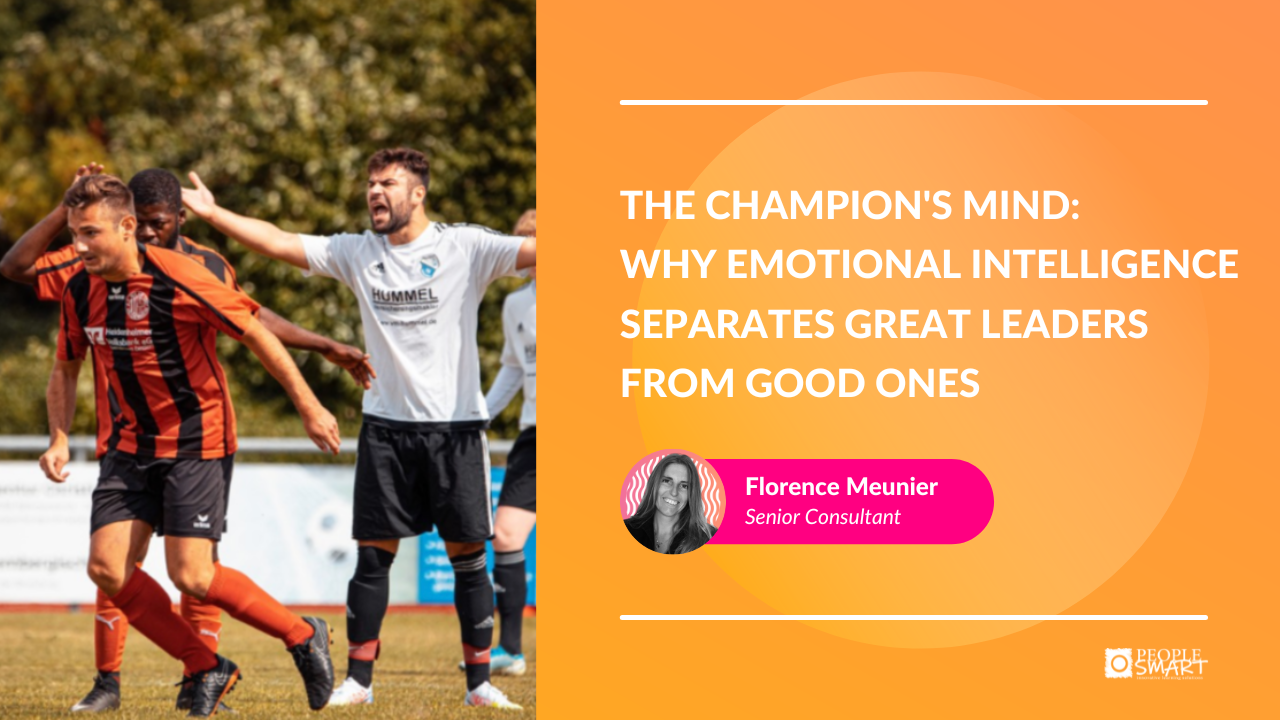Common language can be very revealing under closer scrutiny. For example the ancient Greek word ‘krisis’ means a choice point. It’s a moment when one can go one way or another. And, in the context of the state of the world now, it’s an opportunity to grow or recede.
At times like these we can easily default to survival mode, focusing only on ourselves and how we can ‘get through’ this. May I suggest we all should be striving to ‘give through’ this harrowing experience? Getting is all about getting enough provisions in to hunker down comfortably, about making sure our jobs and income are maintained. Fair enough, and an understandable reaction to the current crisis. Giving may not come so easily. Giving can defy logic when your back is against the wall. The last thing you want to do is be over? generous when you’re up against it.
Leaders everywhere now are faced with this choice. More than ever we all need each other and the organizations that will fare better are those whose leadership boldly encourages a culture of giving in which the leadership gives as much as takes from their employees. Strong human relationships and connections are the ‘invisible Superglue’ that are essential to weather storms as well as be successful. So it’s the leaders’ responsibility to exercise their emotional and social skills to reach out to their people and maintain connectivity. This outreach must be prioritized.
When you’re sitting in your home office spending all day on Zoom calls with your CFO trying to figure out how to cut costs are you also cognizant of the need, sooner rather than later, to reach out to your direct report who’s struggling mightily with her supply chain issues in another remote part of the world? You probably are but it’s all too easy to put off making that five minute call that will help her feel connected and supported.
This is where a high degree of Emotional Intelligence can give you the edge.
Emotional Intelligence is about caring. It stems from the heart and how you feel. The more you care about other people and are in service to others, rather than service to yourself, the more likely it is that you will want this heart driven impulse to inform your daily behavior.
So going back to the leader’s choice. The choice is to either give yourself generously to your team despite your understandable fears and self-concerns. Whether you’re more cerebrally oriented than feeling based, or you’re naturally introverted rather than gregarious and outgoing, it’s your choice to communicate in ways that support others and build esprit de corps. Or not.
In the Genos Model of Emotional Intelligence the first and sine qua non dimension is Self-Awareness. When you’re sitting in your ‘office’ be conscious of those that need you. If necessary, wrench yourself away from the work you’re doing and make a supreme effort to schedule a Zoom call or simply in the moment get on the phone to find out how your team member in Spain is doing. Be aware of when you’re avoiding doing this and the thoughts and feelings that comprise your resistance to communicating. And then do it anyway!
The second dimension of the EI model is Awareness of Others: at the extremes Empathy as opposed to Insensitivity. Empathy is obviously a crucial tool in the leader’s toolkit. The current pain of change and loss (apply to loved ones, business, money, jobs as appropriate) can create a softening of the heart, a vulnerability and an openness that can trigger you to be more empathetic and compassionate. These are qualities that are vital to keep teams, organizations and colleagues united to better deal with the challenges we face.
The third in the Genos Model is Authenticity. As a leader being authentic engenders trust. Trust gives people a sense of security and comfort knowing that it’s OK to be real too, to be open about your feelings, to know you’re not alone and you’re all in it together. When you are on a call with your team be willing to share yourself as a person not just as an executive or business person. In the last few weeks, my Zoom conversations with other business people all over Europe have been more personal and energizing because the stiff barriers that often hold people in place in the corporate world seem to fall and the conversations become much more authentic and satisfying.
Years ago I formed a business partnership with a lovely, professorial guy on the basis of liking each other’s company! The first year we went gangbusters and at the end of the second year we gave it all up. In retrospect feeling good about being in each other’s company was NOT a good enough reason to become business partners! What we failed to factor in from the outset was that we were both Fs on the Myers Briggs scale of T and F – Thinking and Feeling. To make it work we should have had a third partner who made decisions based more on logic and reason. Sadly we found this out too late and to our great (literal) cost!
Tips and reminders:
- Be self-aware. Check you’re looking out with a wide angle lens and not tunnel vision
- Be aware of others. Have a mindset of “What can I give my colleagues” and What help might they need right now?”
- Ask questions that involve and include them which show you genuinely care
- Stay calm and do more listening than talking
- Be sure to respond not react and, without being fake, choose to communicate skillfully with appropriate tones of voice, facial demeanors, and energy levels
- Keep a list of people to hand to remind yourself to stay in touch with them
If you’re not already doing this already, schedule regular weekly virtual gatherings with your colleagues to share stories, lessons learned, fun and humour!
SUMMARY
An old friend of mine, who is either Chairman or Board Member of a number of companies, the other day told a mutual friend that he’s noticed a split between half ‘his’ companies responding brilliantly to the current emergency, being generous with how they deal with staff and their salaries, planning director pay cuts and other concessions, and the other half are simply reacting without the EI wisdom and context I’ve been talking about in this article. They will be remembered for that and it will hurt them in the long run. Half of these companies are good examples of a ‘giving culture’ and the other half are not.
As a Leader you always have a choice about how you respond in any given moment, in any given day, in any given ‘krisis’. What choices are you going to make? Where are you on the spectrum from service to self to service to others?






